YOU ARE LEARNING:
Primary and Secondary Data
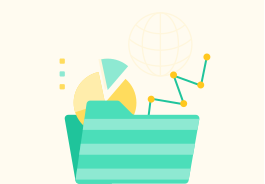
Primary and Secondary Data
Primary data is data you collect yourself. Secondary data is data you get from a different source.
If you wanted to know how many boxes of cereal your family eats in a month on average, would you be able to collect that data yourself?

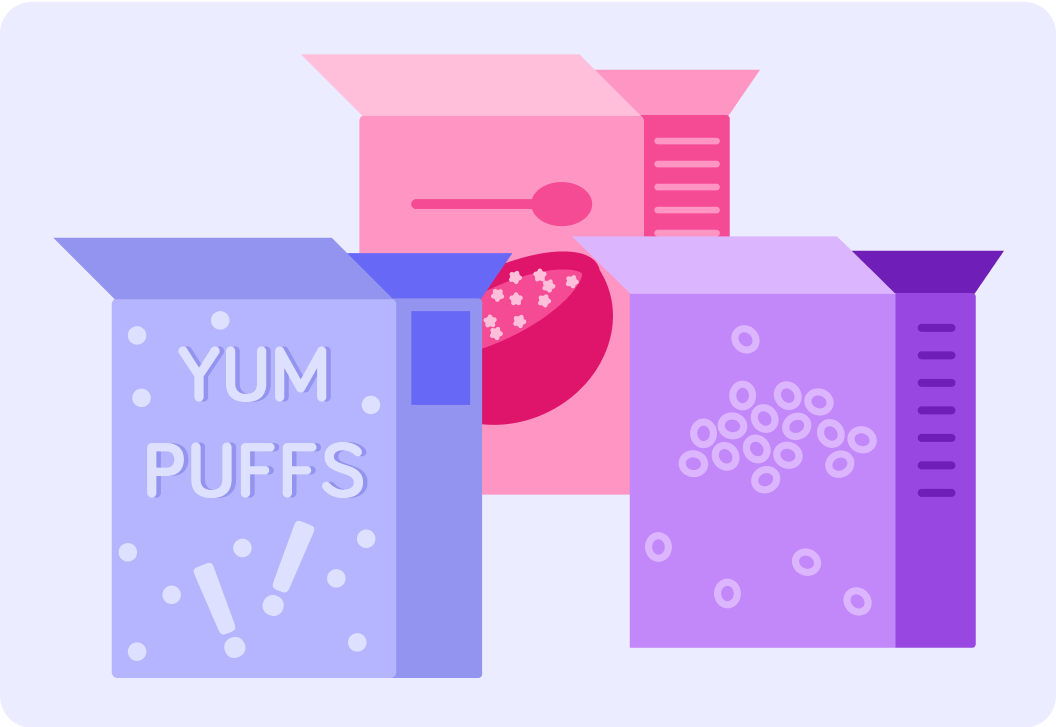
You would be able to collect data on average number of cereal boxes emptied in your household yourself
You could for example keep all the empty boxes and write on them which month they were from. Then you could calculate the average at the end of the year.

If you wanted to know how many people get arrested in your city every year, could you collect that data yourself?


You probably couldn't collect data yourself on how many people get arrested every year
You would probably have to contact the police in your city and ask them for the data.

So you can divide data into two types
Data you collect yourself (model A in the image). Data you get from other sources (model B in the image).
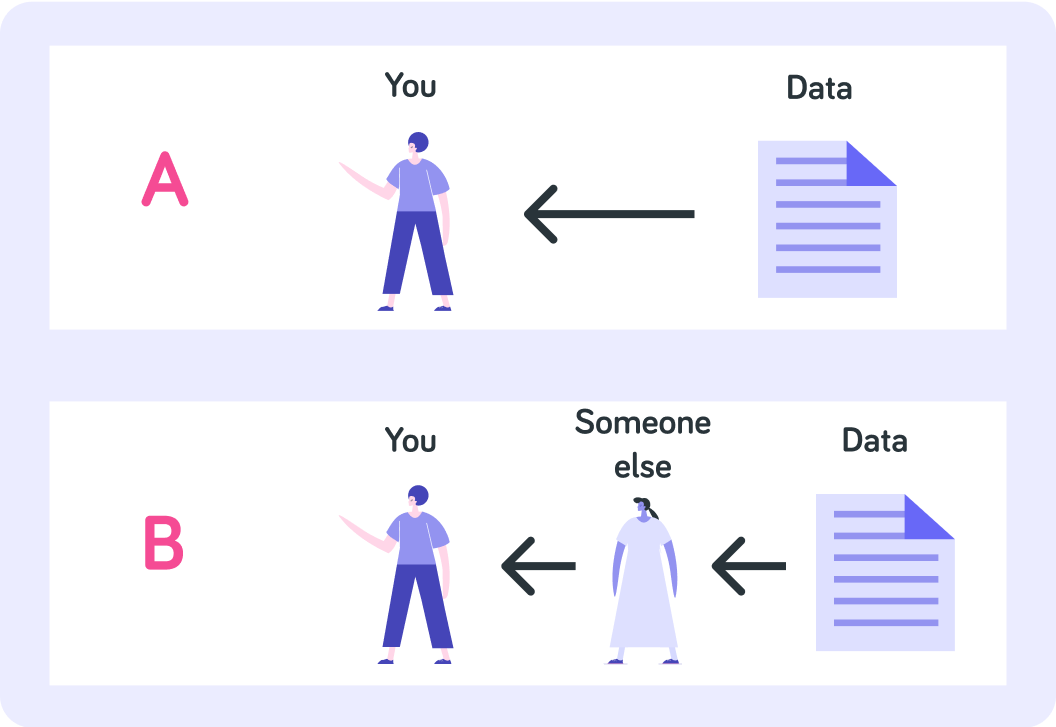
One of these models is called secondary data. Which do you think that is? Answer A or B.


What do you think we call the kind of data that model A represents?

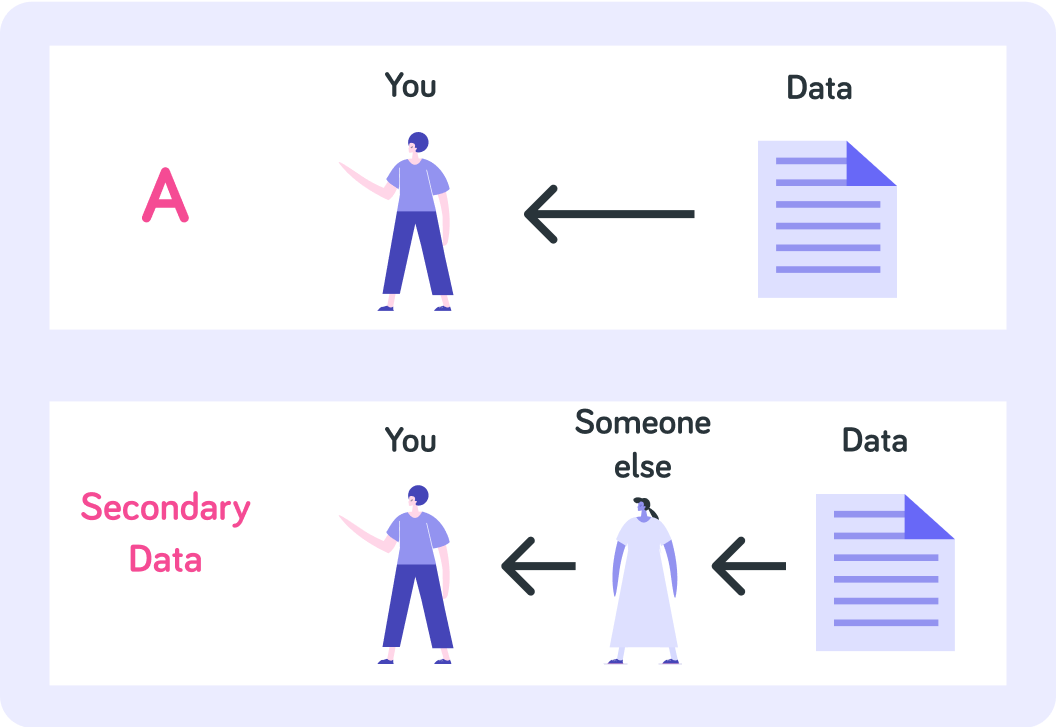
So there is primary data and secondary data
Primary data is data you collect yourself. Secondary data is data you need to get through someone else, for example a person or an institution.
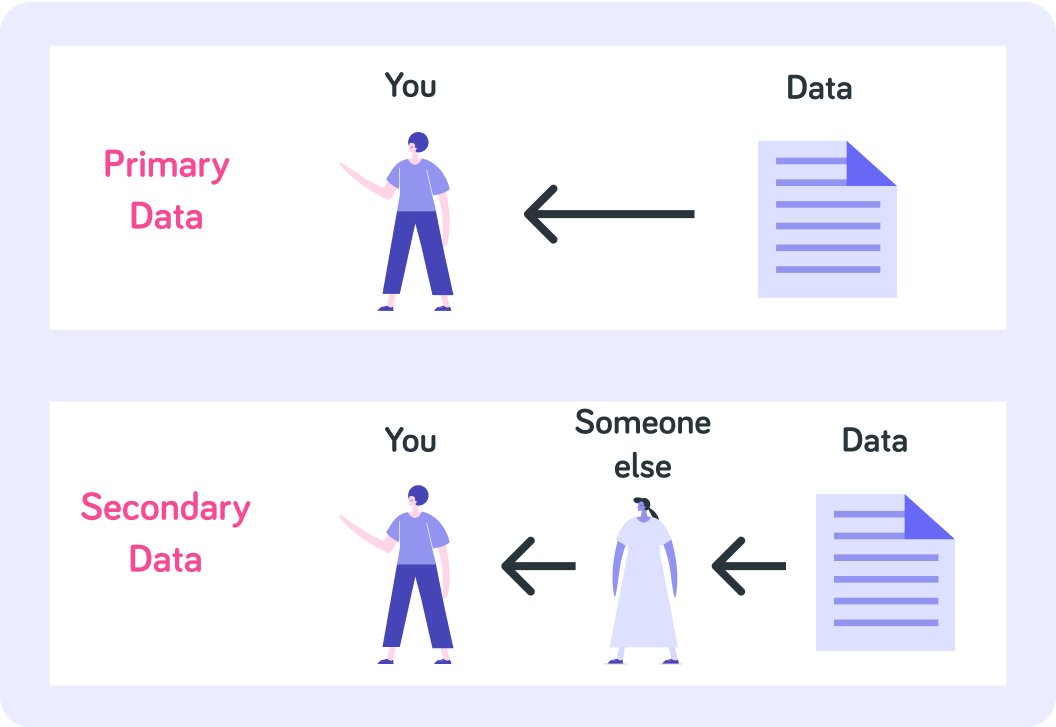
Advantages and disadvantages of primary data
Pick 2 options below that are advantages of collecting your own data. You can ensure that the data...

You can select multiple answers
Pick 2 options below that are disadvantages of collecting your own data. Collecting your own data...

You can select multiple answers
Advantages and disadvantages of secondary data
Pick 2 options below that can be advantages of getting data from a secondary source.

You can select multiple answers
Pick 2 options below that can be disadvantages of getting data from a secondary source.

You can select multiple answers
Summary! You can divide data into 2 types
Primary data is data you collect yourself. Secondary data is data you get from a secondary source, like a person or an institution.

Primary data
Advantages: The data might be more reliable and more relevant.
Disadvantages: Collecting your own data might be both time consuming and expensive.

Secondary data
Advantages: It might be quicker and maybe less expensive to get the data from somewhere else compared to collecting it yourself.
Disadvantages: Depending on the source, the data might not be entirely reliable or it might not be entirely relevant to the thing you want to find out.

